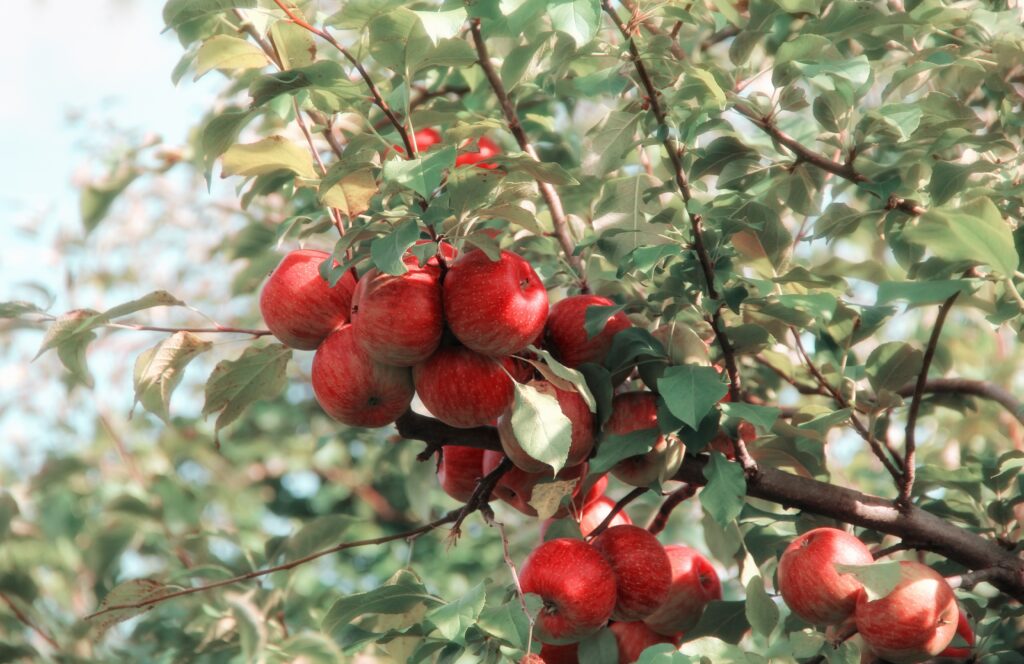There are some fruits that never show up in poems.
You see apples, pomegranates, & figs in poems.
The forbidden knowledge of Eve & Persephone is
as familiar as the ocean & the moon in poems.
You don’t see jackfruit, sunchokes, or cherimoyas
no cucumbers & sea beans of lust in poems.
Starfruit & bottle gourds, like love, are seasonal.
Lovers kiss in the springs & summers of poems.
Lovers barren in winters without each other.
Fruit equals sex & reproduction, or lack of, in poems.
The female body as gateway, as canal, as incubator.
As container to be studied & emptied in poems.
Your favorite still lifes showcase ripe fruits in bowls.
You try to describe how they make you feel in poems.
Your hands want to reach & mouth that color, know
knowledge wastes like fruit if you don’t share it in poems.
You write self-portraits with peach & raspberry cheeks,
not squashy, kumquat butts. The body not real in poems.
I don’t want to be the fruit or the flower, the mother or girl.
What’s left? Sometimes, I never show up in poems.
Listen: Kara Dorris Performs “Ghazal With Fruit & Absence“
Kara Dorris is the author of two poetry collections: Have Ruin, Will Travel (2019) and When the Body is a Guardrail (2020) from Finishing Line Press. She has also published five chapbooks including Carnival Bound [or, please unwrap me] co-written with Gwendolyn Paradice (The Cupboard Pamphlet, 2020). Her poetry has appeared in Prairie Schooner, DIAGRAM, Hayden Ferry Review, RHINO, Tinderbox, Tupelo Quarterly, Puerto del Sol, and Crazyhorse, among others literary journals, as well as the anthology Beauty is a Verb (2011). Her prose has appeared in Waxwing and the anthology The Right Way to be Crippled and Naked (2016). For more information, please visit karadorris.com.


1 thought on “Ghazal with Fruit & Absence”
I was researching George Mason when I found this and I am so glad I did!
This is the most impactful, meaningful, poem I’ve read in so long.
Thank you so much for sharing your talent!